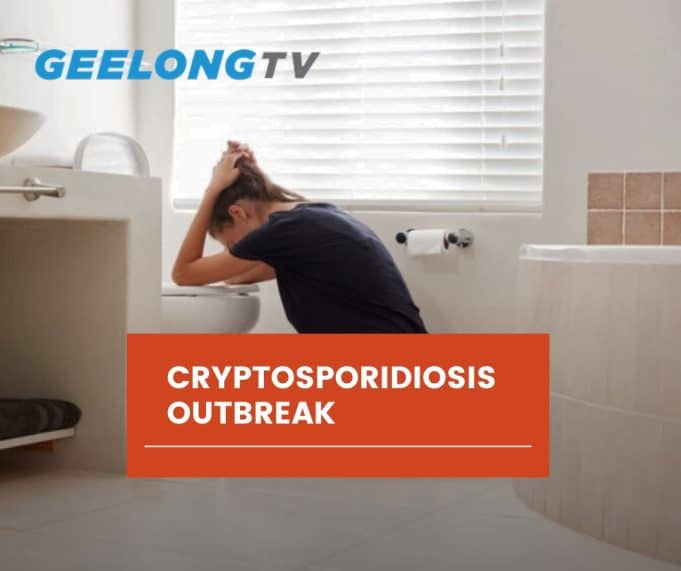Cryptosporidiosis, a debilitating form of gastroenteritis unleashed by the Cryptosporidium parasite, is running rampant across the region.
Since September 2023, reported cases have skyrocketed, hitting a staggering 87 new infections.
This surge overshadows the paltry 84 cases recorded during the corresponding period last year.
Public pools, once havens for leisure and recreation, have transformed into breeding grounds for this insidious parasite.
Cryptosporidium, resilient to standard chlorine levels found in pools.
While most may endure mild symptoms, the vulnerable among us—our young children, expectant mothers, and those with compromised immune systems—are at risk of suffering severe illness.
Beware the signs: persistent watery diarrhea, agonizing stomach cramps, fever, nausea, and vomiting.
Transmission knows no bounds, propagating through the fecal-oral route, whether through tainted food, water, or intimate contact.
The incubation period is unpredictable, ranging from one to twelve days, lurking within carriers for up to two weeks post-recovery.
Abide by these crucial precautions: abstain from swimming if afflicted by cryptosporidiosis or recent unexplained diarrhea; cleanse thoroughly before entering pools; abstain from ingesting pool water; maintain meticulous hand hygiene; and refrain from handling food for others until fully recovered.
Instructions for Proper Hand Washing:
- Wet your hands with clean, running water (warm or cold), and apply soap.
- Rub your hands together to lather the soap. Be sure to scrub the backs of your hands, between your fingers, and under your nails.
- Continue rubbing your hands for at least 20 seconds. Need a timer? Hum the “Happy Birthday” song from beginning to end twice.
- Rinse your hands well under running water.
- Dry your hands using a clean towel. If using a towel, consider using a disposable paper towel to prevent recontamination.
Remember, proper hand washing is one of the most effective ways to prevent the spread of germs and protect yourself and others from illnesses.
Health professionals, heed this clarion call: suspect cryptosporidiosis in all cases of gastroenteritis, conduct thorough testing, and disseminate educational resources to stem the tide of this outbreak.
If you need help, you can visit your local GP or call Nurse On Call on 1300 606 024. If it’s an emergency, please call 000.







